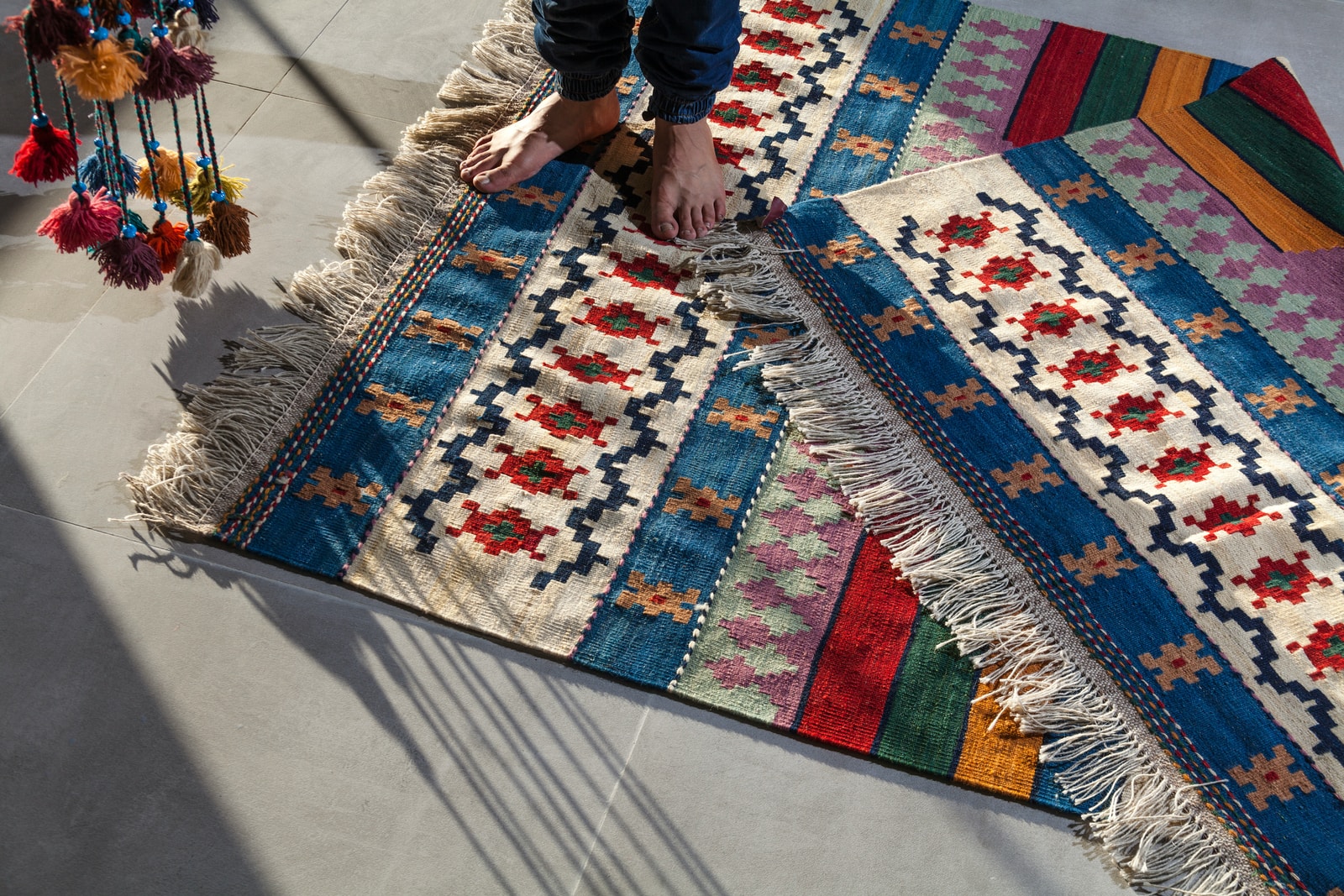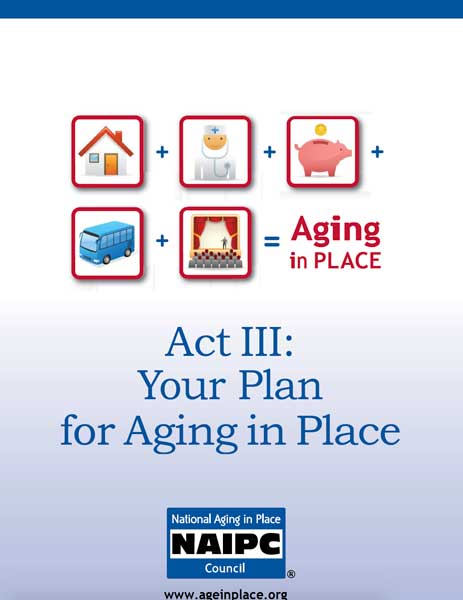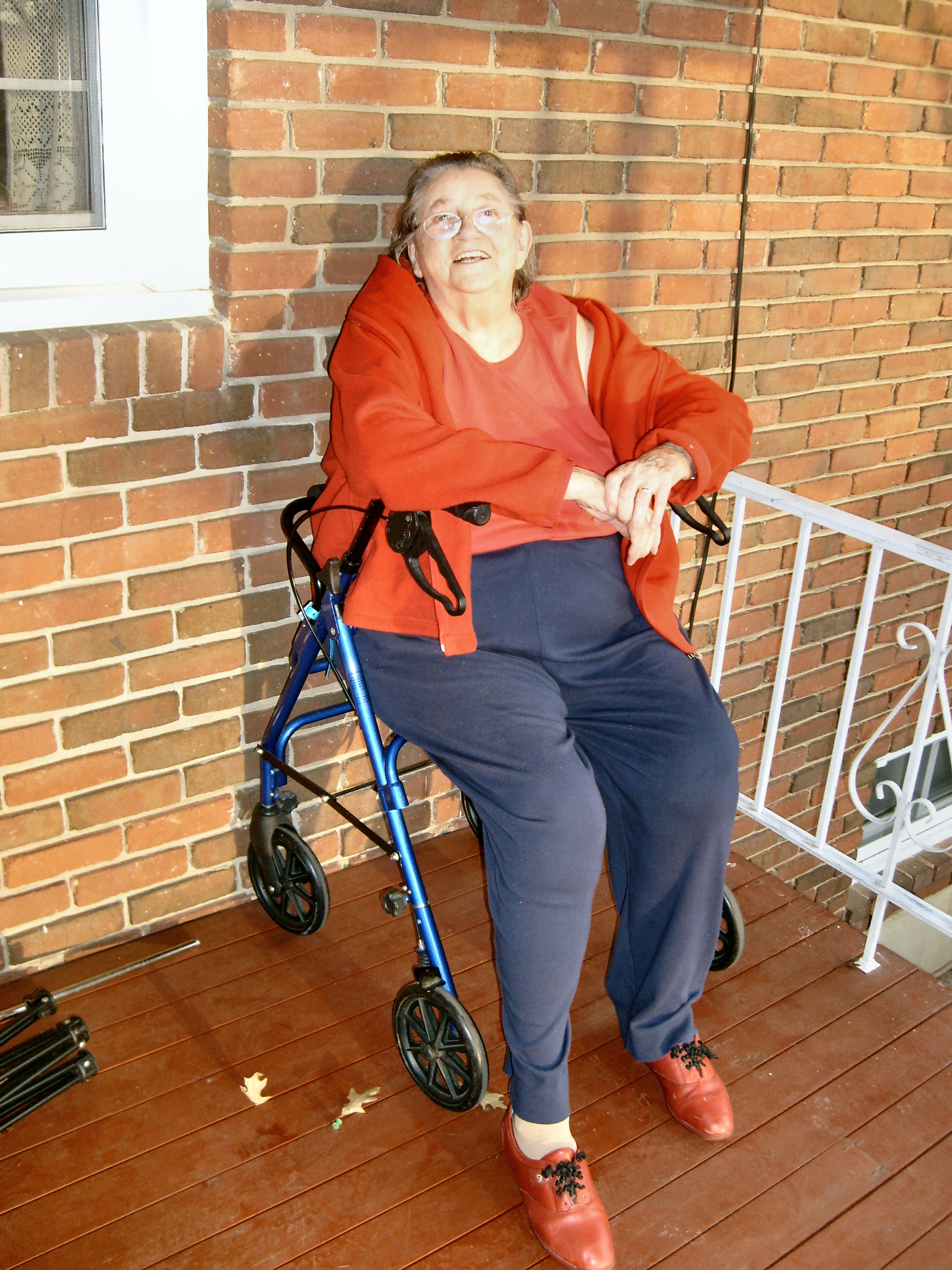As the weather gets cooler, we will be likely to spend more time indoors. It is a good time to look at our homes for safety and fall prevention. As the old saying goes, an ounce of prevention is worth a pound of cure. Let’s take time to look at our home as if it were the first time we saw it. Sometimes a fresh perspective will show us things we never saw before.
A Safe Home Starts at the Front Door and Entryway
Start with the front door.
- Is there a clear, slip resistant, hard surface walkway to reach it?
- Is there plenty of bright lighting, preferably on a motion detector? Is the entryway protected from the weather?
- Is there a package shelf where you can place items while opening the door?
- Are there full-length sidelights or multiple peep sights so that everyone in the household can see who is at the door before opening it?
- Is there a zero-step entryway so that people of various abilities can enter easily?
If you answered no to any of these questions, you might want to consider making some changes to your entryway.
Fall Prevention Inside the Home
Once inside the door look for lack of lighting and fall hazards as well as other safety issues as you move throughout the home. One of the most common tripping hazards found in homes is loose throw rugs.
Loose flooring, particularly at transitions between different flooring types can be another cause for concern.
Make sure that there are not trailing extension cords or clutter in walkways that could present a fall hazard.
Handrails, grab bars, or other handholds throughout the house can be helpful in preventing falls.
Bright, glare free lighting in the home, particular in circulation areas such as hallways and stairs can help prevent falls. Battery powered; motion activated lights are a low-cost way to bring light to dimly lit areas.
Most of these hazards can be remedied at little to no cost just by taking the time to address them. If you have a loved one who would benefit from these measures, help them to see the importance of preventative measures.
Fall Prevention Tips for Bathrooms
As always, the bathroom is a prime area of concern when it comes to safety and fall prevention. There are many safety concerns in the typical bathroom. The room is too small, the floors are too slippery, the door is too narrow, the lighting is too dim, the controls are too difficult to operate, the tub or shower is difficult to enter, and there are no grab bars or other fall prevention.
Think safety first, accessibility second, and convenience third. Grab bars should be included in every bathroom, regardless of the age of the residents. Safety and fall prevention are for everyone.
If the flooring is slippery, changing the flooring or adding a slip-resistant coating should be a high priority.
Widening the door and changing the bathtub to a curbless shower will allow the bathroom to be more accessible to all. Adding lever controls to the doorknob, faucets, shower valve, and other controls will allow those with limited hand strength to access the controls.
Adding better lighting will improve safety by making it easier to see.
Changing the faucets and shower valves to pressure balancing, positemp controls or lowering the water temperature can help prevent burns, particularly among those with limited feeling in their extremities.
Call Us to Get Started
I hope these suggestions will help you look at your home with new eyes. If you need help implementing any of these ideas, or any of our other remodeling services, please give us a call at 540-384-2064 or visit our website at www.solidrockenterprises.com.
Chris Moore is the owner of Solid Rock Enterprises and writes a regular Housing Matters column for Senior News.



